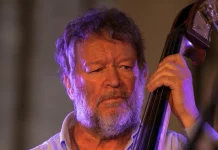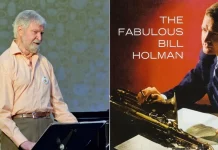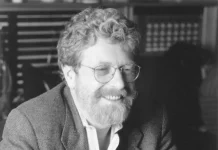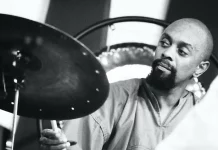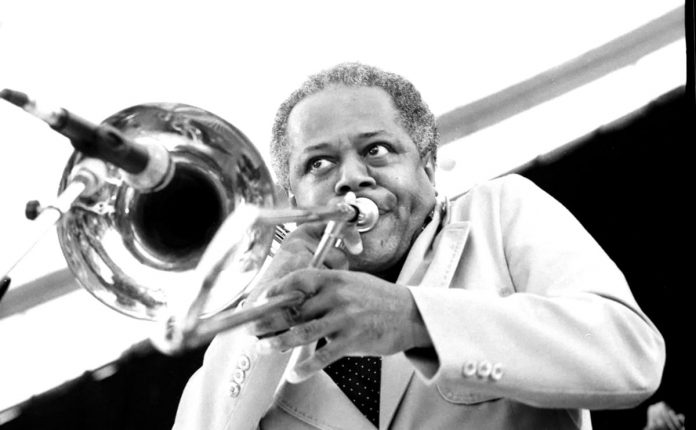
A first-class arranger and composer and an accomplished bebop soloist, Slide Hampton never really hit the heights: he was always just under the media radar. Musically, however, he mastered the difficult art of playing inventive and technically skilled solos early on and went from strength to strength. As an arranger for big band, he excelled but he was equally adept at writing for small combos where, it was said, he could take a small band and make it sound like an orchestra. He made combos sound robust and could produce intricate layers of sound. Critic Francis Davis described him as a conventional arranger, pitting brass against reeds, but added that his charts always swung like crazy.
US critic Gary Giddins once described him as “perhaps the most underrated virtuoso bebop soloist alive”. He had a warm, crusty sound on trombone and was surely as skilled a soloist as his main influence JJ Johnson, although he never achieved anything like the same level of fame and appreciation. Musicians knew his worth – there is a video on YouTube showing Hampton soloing as Dizzy Gillespie looks on, nodding, clicking his fingers, and smiling. On another he is seen and heard taking a solo in a big band as a fellow trombone player in the section looks up at him, smiles and shakes his head in wonder.
He was born Locksley Wellington Hampton on 21 April 1932, in Jeanette, PA into a large family – he had eight brothers and four sisters. The family, not surprisingly, formed their own band, the Duke Hampton Band. They had the numbers. Slide joined very early, as a youngster. As a child he was given a left-hand configured instrument and although he was right-handed, he never changed, continuing as a left-handed player throughout his entire career.
Hampton moved to New York after hearing Bud Powell play and set up house in Brooklyn at 245 Carlton Avenue, an address that became famous for jam sessions attended by John Coltrane, Wayne Shorter, Freddie Hubbard and Eric Dolphy. Dolphy named one of his compositions, 245, after Slide’s house number.
He played in bands featuring Maynard Ferguson and trombonist Melba Liston. He later worked in groups led by Dizzy Gillespie, Charles Mingus, Art Blakey, Woody Shaw, JJ Johnson and Max Roach. He then formed his own groups including a quintet that featured Jimmy Heath and an octet with Freddie Hubbard, Booker Little and George Coleman. His nephew Pharez Whitted said that aged 89 Slide still had projects lined up and new charts he planned to write. He was also practising trombone two days before he died on 18 November at home in Orange, N.J.
Although jazz was always his first love and main work throughout a long and distinguished career, Hampton did, at one point branch out into other music and became musical director with Motown Records, working with Lloyd Price, Stevie Wonder and the Four Tops. It didn’t last long though.
He toured through Europe as a member of Woody Herman’s band in the late 60s and when they reached Paris he decided to stay, living there for several years and linking up with expatriate American and European jazz musicians. He returned to the United States in 1977 and concentrated on organising trombone ensembles, on one occasion using 14 trombones in one band.
Hampton won two Grammys. The first was for his arrangement of Ellington’s Cottontail on a Dee Dee Bridgewater album in 1997. His second was for best instrumental composition for Past, Present And Future, an original written for the Vanguard Jazz Orchestra in 2004. He also taught at Harvard, The University of Massachusetts and DePaul University in Chicago. He received America’s highest official honour for jazz musicians when he was named a National Endowment for the Arts Master.
Hampton’s wife Althea died in 2006. They had been married for over 50 years. He also lost a son, Gregory, who died in 2019. He is survived by three children, sons Lamont and Locksley and daughter Jacquelyn. There are also five grandchildren and numerous great-grandchildren.

